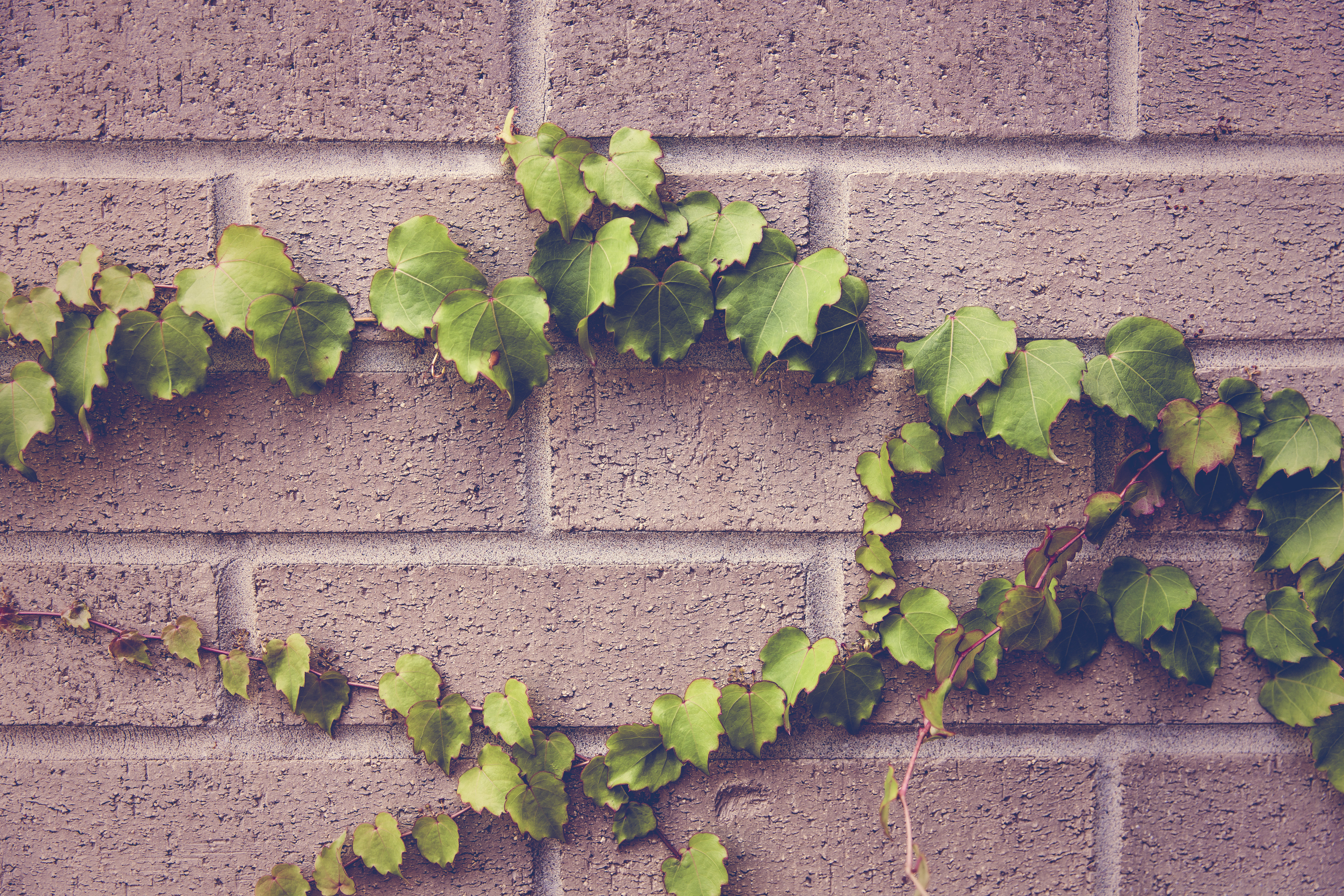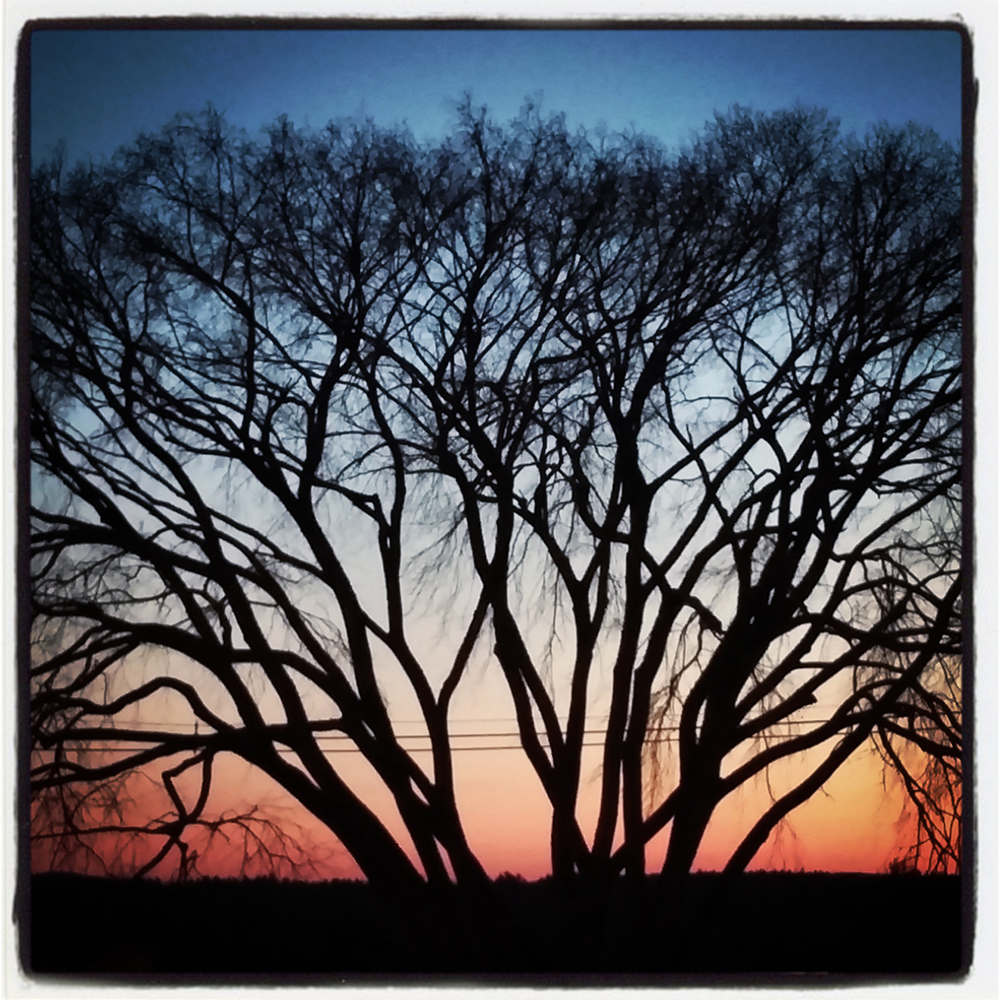With another busy work project behind me, I had the pleasure of getting out in the world and attending two genealogy talks this week. One was on DNA and will be the topic of a future post as I need to let the information settle in.
The other talk was “Strategies For Tackling Your Genealogy Brickwall” by Jake Fletcher of the popular blog – Travelogues of a Genealogist (link). The talk was a part of the Chelmsford (MA) Genealogy Club.

Over the hour, Jake discussed his go to methods for trying to break down a brick wall including reviewing your documentation with a fresh set of eyes after a while to Researching their occupation, to knowing the geography of a region as county lines often changed.
Another area to look at; Cluster and FAN research – Family/Friends, Associates and Neighbors. Look at those around your ancestor, their neighbors in city directories, witnesses to records such as land deeds and probate items. Jake even suggested documenting the names of neighbors five pages before and after their name on a census record to get a better understanding of people they may know and bump into. Perhaps the close friend who was witness to a marriage had the favor returned by the ancestor you are looking for which could open up a new hint to move on.
He also suggested the use of a research log or journal. As you do your searching, list what you search for, where you search for it, what keywords you may have used and what you found. You may have found nothing for that matter, and you should list that as well. Sometimes nothing is the same as finding something – but that is a topic for a different day.
His Log includes columns for Date, Repository / Website, Title of Collection, Keyword Search, and Results. I have tried this in the past and I will tell you it is hard to do. When you do the searches, you need to break from the results and record what you have, and if your anything like me you want to just keep on clicking to see what that record looks like. I use spreadsheets on google drive for this purpose but I do think, I want to switch to a paper one to log notes and then transcribe it at a later time.
I also think that the term brick wall can be scary. Walls keep people from passing. It is that simple. Don’t ever give up though. Genealogy can be like a maze – there is bound to be a way to get through it and some may harder than others, and who knows what the next left turn will bring.
My Hungarian ancestry for instance. The records have always been there at the Family History Center on microfilm but they were just that far out of reach at the time. Now, with several of them online and better access to the Family History Center [and more knowledge of] I am able to travel down that path as far as it will take me.I am fortunate that I don’t (yet) have anything I would consider a brick wall. While I do have several unfinished ends, I don’t feel that I have researched any of them well enough to place them into that category. Perhaps though that is what makes it a brick wall in the first place? Something that gets in the way of your research to make you move on to something seemingly ‘simpler’.
For now though, I will continue to consider my Brick Walls to be nothing more than a bump in the road – some which may be nothing more than a spring pothole.
The Chelmsford Genealogy club meets the first Tuesday of the month at the Chelmsford Library, 25 Boston Road, Chelmsford MA. Their Next meeting will feature Rhonda R McLure speaking on New England Research. (Link)(Facebook)


